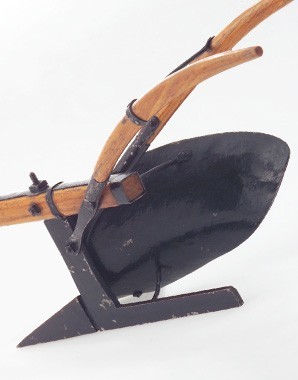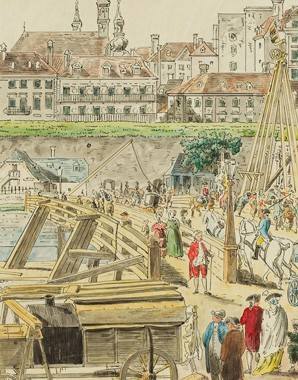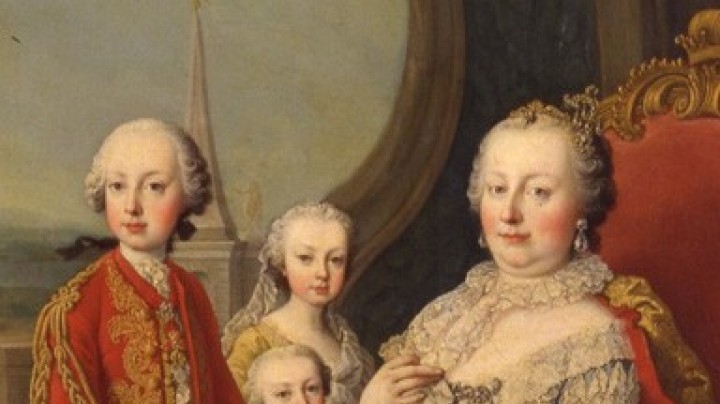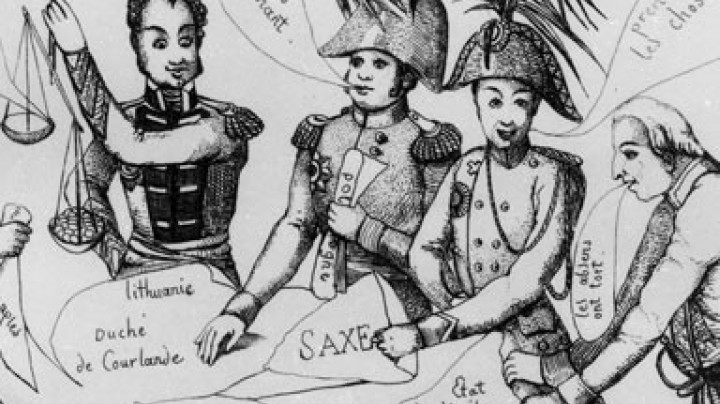At the Hungarian border things came to a stop – Hungary is given the role of the Monarchy’s granary
To be part of the Monarchy meant to be subordinated to Habsburg economic policies. In the case of Hungary this meant agriculture.
For the Habsburgs Hungary seemed to be predestined for agriculture – it was for precisely this reason that it was regarded as one of the Monarchy’s granaries. The fact that Hungary became an important agricultural producer was not necessarily due to its ‘natural’ geographical features or to a conscious decision by its inhabitants in favour of this sector. It was rather that successive Habsburg governments took steps to restrict the country to agricultural production.
In the eighteenth century it was intended to make the Habsburg Monarchy a single economic and trading area, and this economic unit was to be developed according to a plan. In this process agriculture was not to be mixed with an urban economy, nor were the peasantry to be mixed with the bourgeoisie. The towns were to specialize in crafts, while in rural areas only the most essential craftsmen were to be allowed to set up in business. The aim was also to promote industry, but factories were to be set up in the countryside and kept away from the towns.
Such distribution and allocation according to geographical position and ‘natural’ conditions of production meant that each region was earmarked for a specific branch of production. The Habsburg rulers decided that that Hungary would be an agricultural producer. Establishing industry would endanger this plan. According to Maria Theresia, because Hungary did not pay so much in taxes as the other lands of the Monarchy, it could not have any industry. It was only possible to set up workshops. In order to implement the plan, the customs borders with Hungary were left in place, whereas they were largely abolished between most of the lands of the Monarchy.















